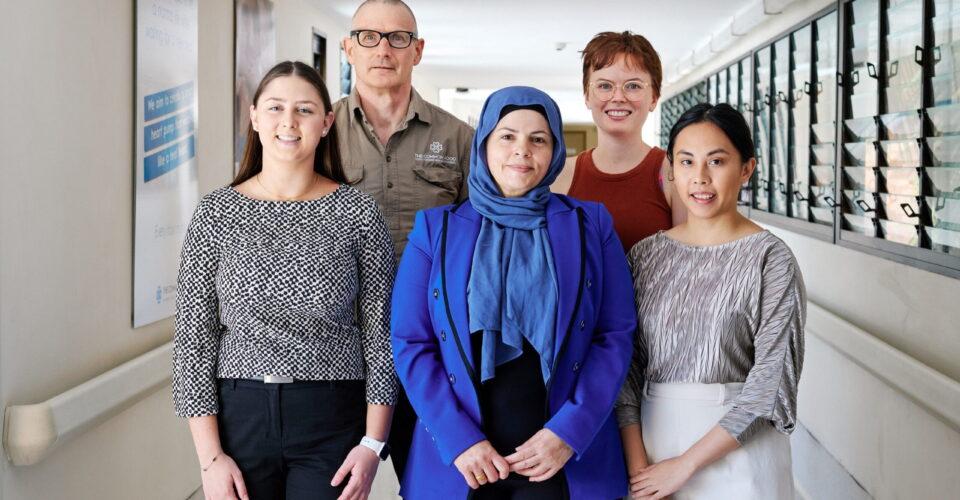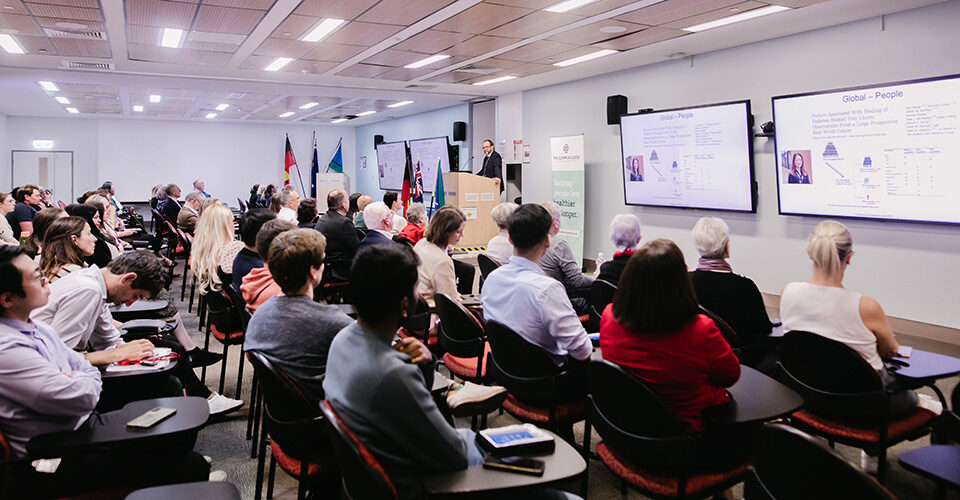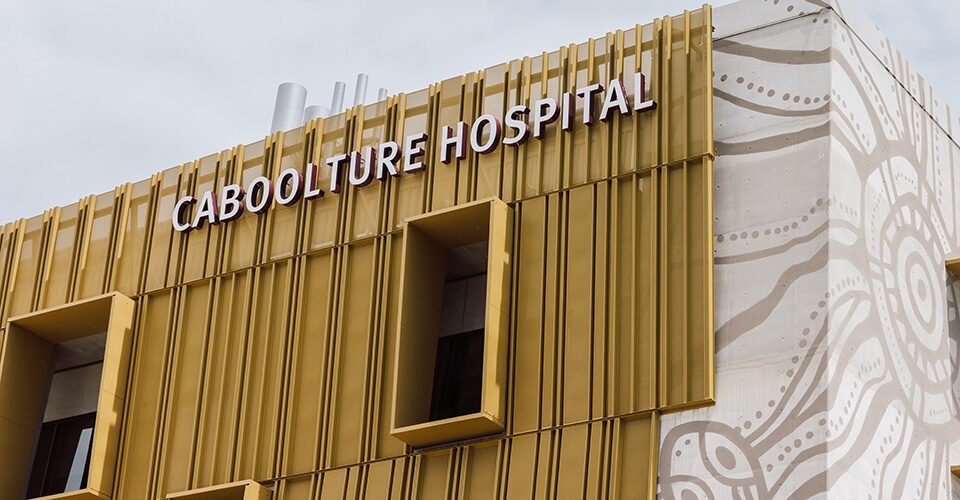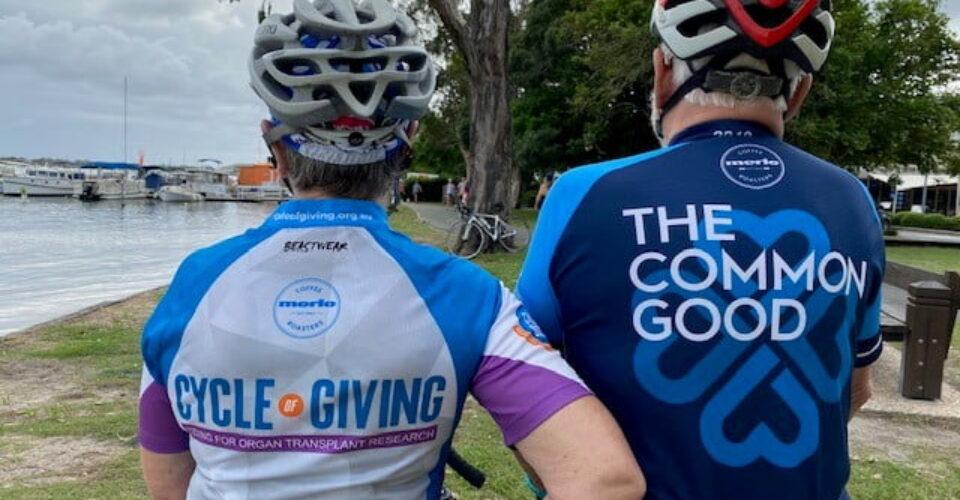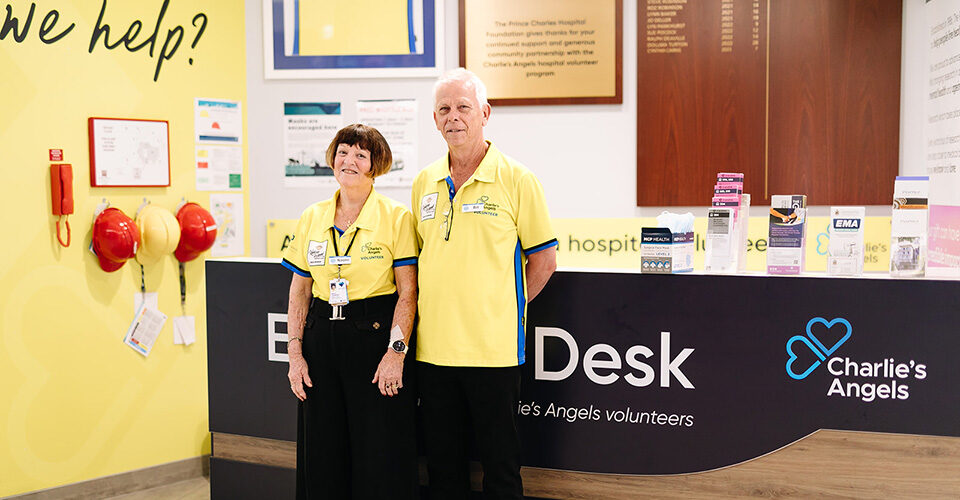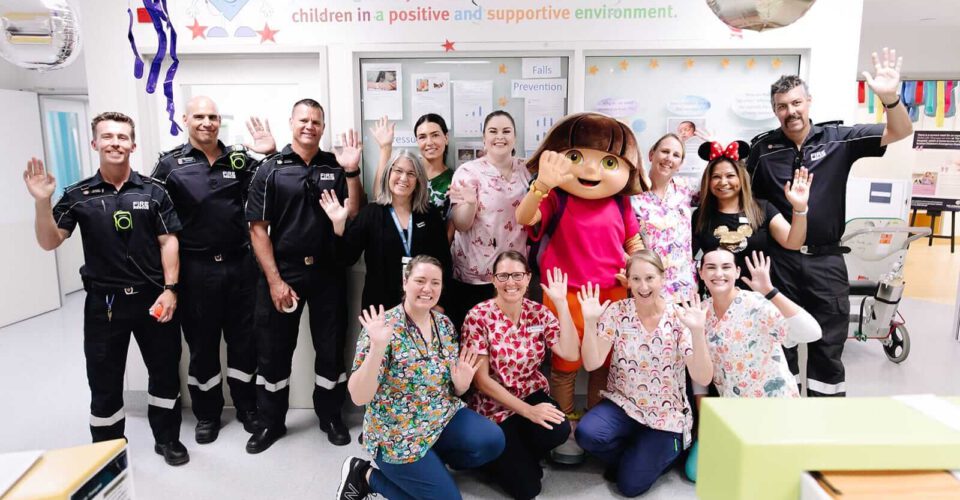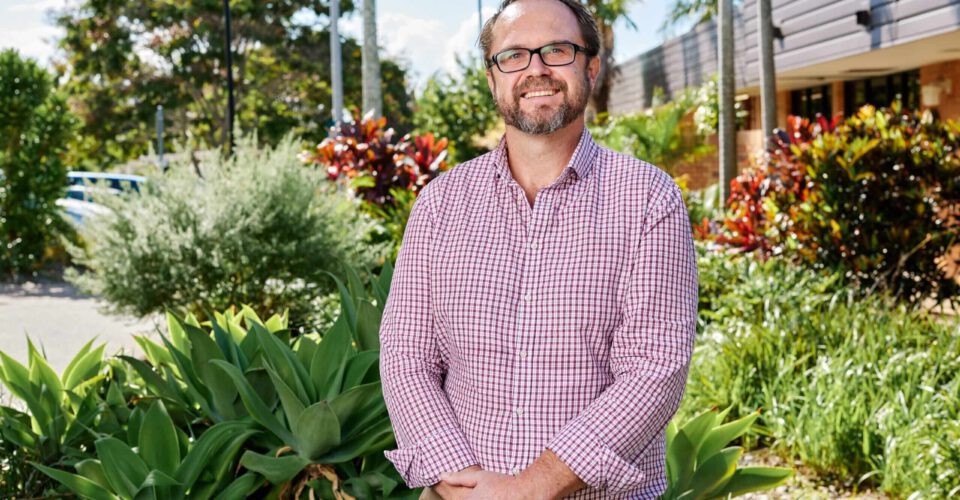The Cardiovascular Molecular and Therapeutics Translational Research Group aims to increase understanding of molecular mechanisms of advanced heart failure in order to discover new medicines to treat and improve quality of life for patients with this condition.
Easing the Burden of Heart Failure
The prevalence of heart failure is increasing worldwide, increasing the burden on our hospitals, clinicians, communities and families.
Despite best-available treatment options, patients still have a very poor survival rate.
The research by this group is vital to reduce the burden of patients with heart failure and to provide significantly better outcomes for patients.
Highlights for the research group in 2022
In 2022, the group, which has more than nine members, undertook projects that focused on preventing deadly ventricular arrhythmias in heart failure patients. These included the ‘Antiarrhythmic effect of phenytoin in human failing hearts’ study.
Through this research, the group established that phenytoin is able to effectively prevent arrhythmias in a human ventricular model of arrhythmia, using tissue samples from patients with heart failure.
The research group found that it works effectively to prevent arrhythmias in human heart samples from patients who were not receiving Beta-blockers, also spelled β-blockers, (a kind of medicine that slows down a person’s heart activity) at the time of heart transplantation. This is an important result towards providing an additional medicine in this group of patients.
Using phenytoin as a template medicine, the group then designed and synthesised novel compounds. Remarkably, early attempts found some to be more effective than phenytoin at preventing arrhythmias.
At the same time, the group’s ‘Redesigning and optimizing Beta-blocker treatment for patients with heart failure patients’ project, used pharmacological criteria to re-design Beta-blocker use to enable more patients – including those who were previously unable to tolerate Beta-blocker therapy – to take advantage of treatment.
In 2022, the group was also delighted to appoint Dr Kafa Walweel to the group to provide strategic expertise to develop novel antiarrhythmic medicines for patients with heart failure.
